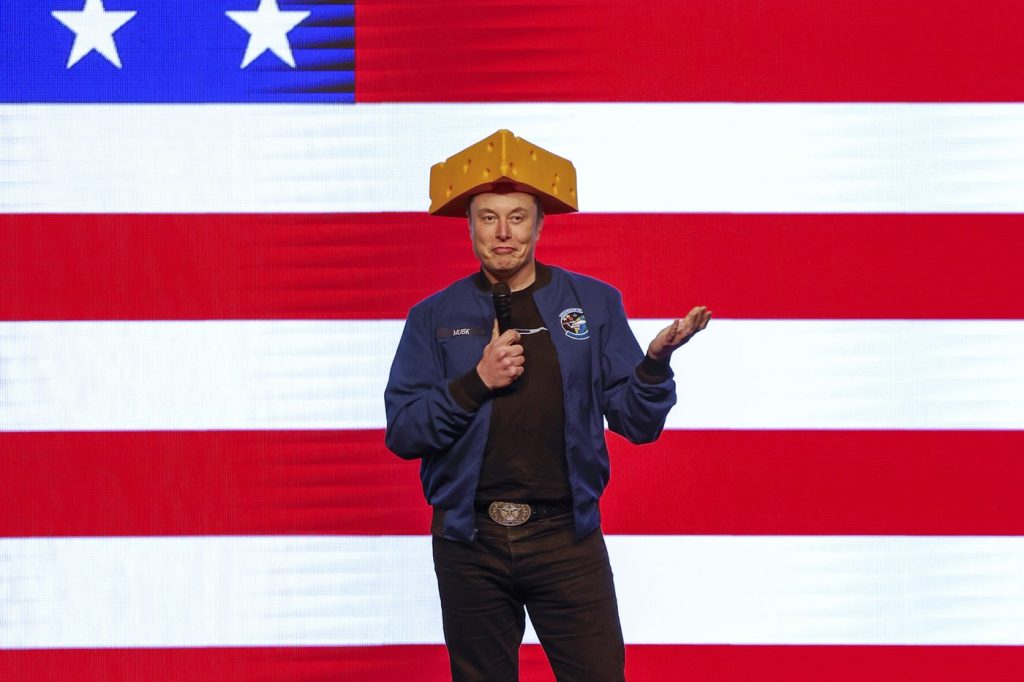In a significant political turn, Wisconsin's recent Supreme Court race has emerged as a potential turning point for billionaire Elon Musk's involvement in political campaigns. Despite his extensive financial backing, Musk faced a disappointing defeat when the Republican candidate he supported lost by 10 percentage points, prompting him to announce a shift away from substantial political spending.
Musk, known as the richest person globally, stated he would be spending less on political campaigns after witnessing the resounding defeat of Brad Schimel, the candidate he endorsed in Wisconsin. This announcement coincided with his diminishing role within the Trump administration and highlighted a need to refocus on his businesses. His loss in Wisconsin followed a season of intense campaigning where he made personal appearances and dispensed checks amounting to millions in an effort to galvanize support.
Democrats view Musk’s defeat as a direct consequence of their well-coordinated campaign, termed "People vs. Musk," which successfully portrayed the billionaire's financial involvement as toxic to his cause. Wisconsin Democratic Party Chairman Ben Wikler expressed satisfaction, claiming, "The people have won," and noted that Musk's financial influence in Republican politics appears to be waning.
Political strategists have acknowledged Musk's heavy presence in the Wisconsin Supreme Court race, which became the most expensive in U.S. history. Musk's groups reportedly spent over $19 million in support of Schimel alone. Additionally, he personally contributed at least $3 million and incentivized voter turnout by promising monetary rewards to individuals who engaged with his initiatives. Despite Musk's high-profile efforts, including wearing a cheesehead hat during a rally, Schimel lost in key areas, including Brown County by a margin of three percentage points.
In the aftermath of the election, Musk's popularity took a hit, falling to a mere 33% favorability among adults, as measured in a poll shortly after the election. Critics including Democratic U.S. Representative Mark Pocan have voiced skepticism regarding Musk's commitment to stepping back from political funding, arguing that his reputation has been significantly tainted by his affiliations and initiatives through the Department of Government Efficiency, which he represented during the Trump administration.
Looking ahead, some analysts believe Musk could still re-enter the political funding arena, albeit in a more subdued manner. This perspective suggests that while Musk carries notable baggage, over time, perceptions may shift, and he could regain influence in future electoral races.
The recent defeat of Musk-backed candidates is indicative of the Democratic Party’s successful strategy to frame the race as a referendum against Musk and former President Trump, which ultimately led to the election of a liberal judge, thereby maintaining a Democratic-leaning Supreme Court in Wisconsin until at least 2028. Concurrently, news of Musk's reduced political spending came just hours before Wisconsin Appeals Court Judge Chris Taylor announced her candidacy for an upcoming Supreme Court race in 2026, reinforcing the ongoing political dynamics in the state.
In summary, the backlash against Musk in the Wisconsin Supreme Court race demonstrates the potential risks billionaire political endorsements pose, while also indicating that political landscapes can shift dramatically based on voter perceptions and strategic messaging from opposing parties.











